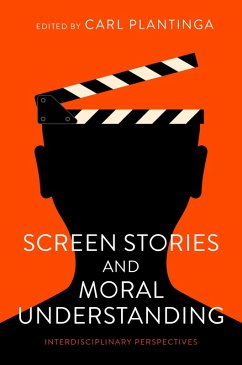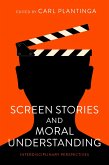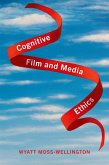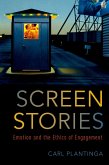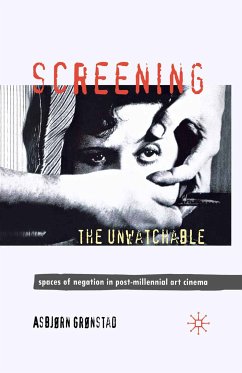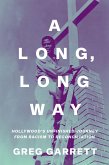The stories we tell and show, in whatever medium, play varied roles in human cultures. One such role is to contribute to moral understanding. Moral understanding goes beyond moral knowledge; it is a complex cognitive achievement that may consist of one or more of the following: the ability to understand why, to ask the right questions, categorization, the application of models to specific incidents, or the capacity to make connections between morally charged situations that have a common underlying meaning. While the disciplines of communication, psychology, philosophy, and film and media studies have all made significant scholarly progress on this issue, they make different grounding assumptions and use different terminologies.
Screen Stories and Moral Understanding approaches the topic from an interdisciplinary perspective and explores the conditions under which stories we view on screens-movies, streamed series, and television-can lead to moral understanding in viewers. In five sections, this book explores the nature of moral understanding in relation to screen stories, the means by which moving image fictions can transfer knowledge to and cultivate perspectives in viewers, the role of affect in generating moral understanding, the viewer's engagement with characters, and what we do with screen stories after viewing them.
Dieser Download kann aus rechtlichen Gründen nur mit Rechnungsadresse in A, B, BG, CY, CZ, D, DK, EW, E, FIN, F, GR, HR, H, IRL, I, LT, L, LR, M, NL, PL, P, R, S, SLO, SK ausgeliefert werden.

